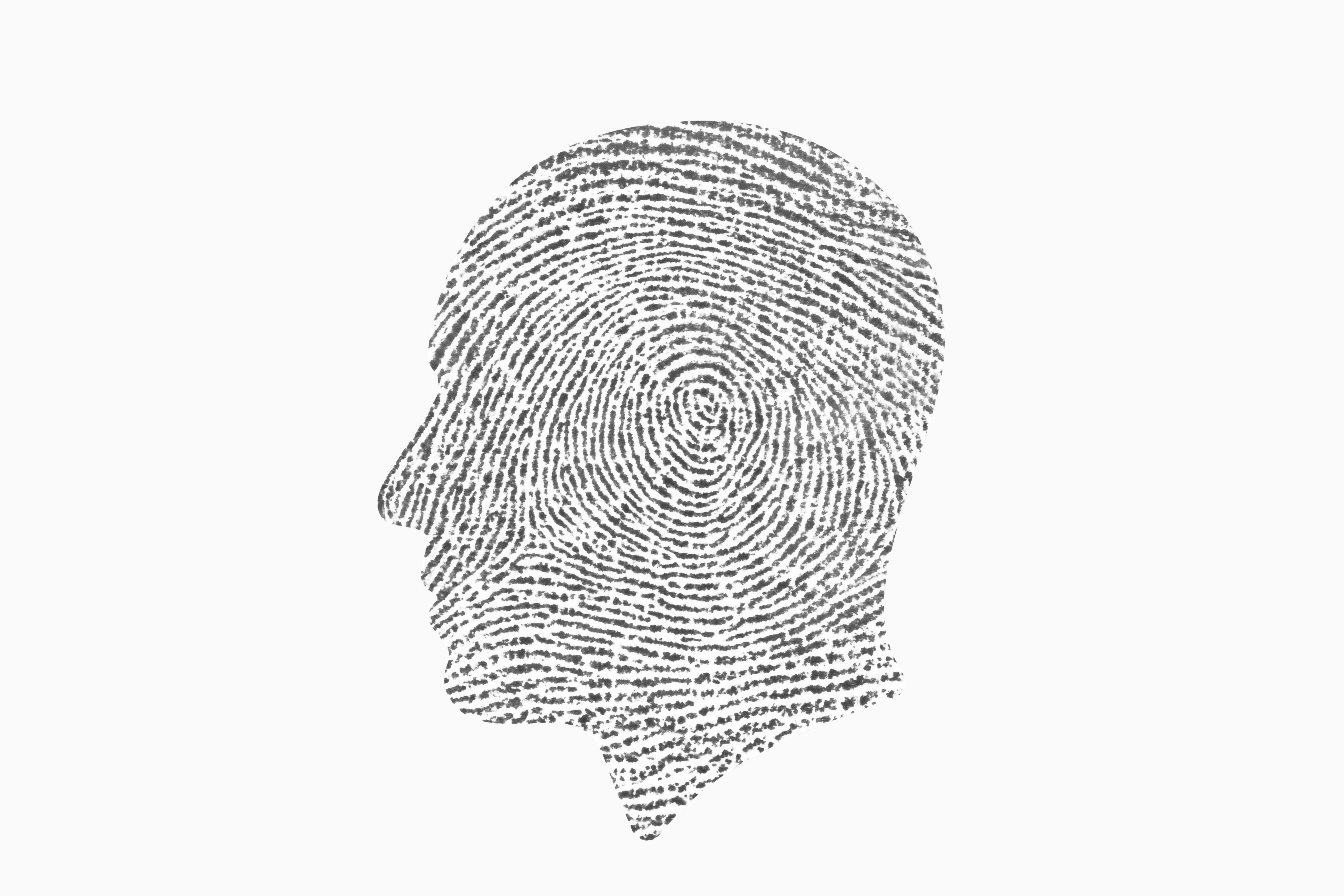Time and Attendance systems should exclude data manipulation as far as possible. Fingerprints are unique and fulfil this purpose. For data protection reasons, however, the employee's consent is required and cannot be enforced by the employer.
With digital time and attendance using fingerprints, the employee logs on and off in the time and attendance program by comparing their fingerprint with the data stored in the time and attendance terminal. For this purpose, so-called "minutiae" (individual, non-inheritable finger line branches) are extracted from the fingerprint using a special algorithm. The employee's fingerprint is not stored, neither can it be regenerated from the data. Amongst other things, this type of working time recording is intended to prevent employees from "clocking for colleagues" otherwise known as "buddying up" which is a fraudulent act.
Excursus on data protection
In terms of data protection law, the "minutiae data record" is biometric data in accordance with Article 9 (1) DSGVO and special category personal data in the sense of Section 26 (3) of the Federal Data Protection Act. The processing of such data is generally prohibited. The employer may only process biometric features of an employee if this is necessary for the establishment, performance or termination of the employment relationship.
The recording of working hours by a time and attendance system using fingerprints is not required within the meaning of Section 26 (1) of the Federal Data Protection Act - and thus not permissible without the consent of the persons concerned, according to the Berlin Labour Court (29 Ca 5451/19). At the latest since the ruling of the European Court of Justice from 2019, which demands complete working time recording, digital time and attendance systems such as ZEUS® have become increasingly important. If personal data - such as fingerprints in this case - are used for time and attendance, works councils and employers should take legal precautions in order to record working time using the biometric method. Thanks to the perfect interaction between ZEUS® time and attendance and ZEUS® access control, you can use biometric identification to record working hours and ensure the best possible security available for buildings or other facilities.
